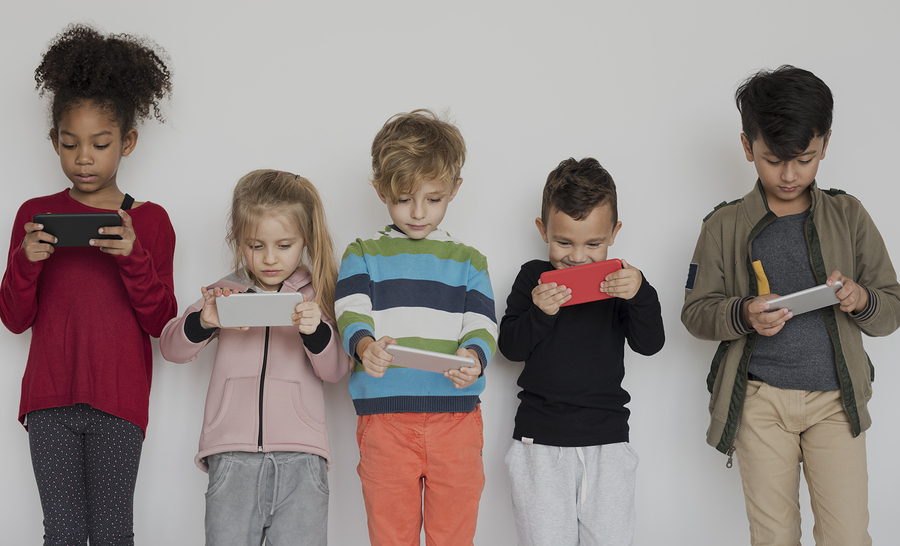
Little evidence yet, but benefits stem from easier access to care.
It seems like a natural step—using mobile phone software applications (“apps”) designed for children and adolescents with mental health problems. Certainly, the technology is widely available, since in 2017 most children and teens have access to mobile phones. In one study, the authors reported that 72% of children aged 0 to 11, and 96% of those 12 to 17 years of age had their own cell phones (J Med Internet Res. 2013; 15: e: 120; doi:10.2196/jmir.2600).
When a team of researchers from the University of Bath and Oxford Health National Health Service Foundation Trust, Keynsham, UK, did an extensive literature review of mobile phone studies, only 24 publications qualified to be included in their final review (J Med Internet Res. 2017; 19:e176). The authors also found a nearly nonexistent evidence base for the use of such apps, especially among adolescents.
Rebecca Grist, PhD, and her colleagues reported that the 24 publications they examined in the final phase of their study utilized a total of 15 apps, 2 of which could be downloaded. For the rest, 2 small randomized trials and one case study did not demonstrate any significant effect on intended health outcomes. None of 6 articles reviewing the content of 6 apps for children and adolescents, including those with eating or body image disorders, had been evaluated in a research context. The authors found that the majority of the health-oriented apps cited lacked adequate source information, and many also lacked privacy policies.
A promising approach despite few evidence-based studies
The advantages of mobile devices include their constant availability, anonymity for the user, low cost, and the ability for information to reach across most geographical barriers. Limited evidence exists to support apps for depression (Mobiletype) and OCD (Mayo Clinic Anxiety Coach). One app designed to improve body image and self-esteem (Pretty), was tested in a community sample of 206 girls 12 to 18 years of age (Veldhuis, doctoral dissertation; http://research.vu.nl/ws/portafiles/portal/1125682). The study involved use of Pretty and a similar app in a comparison group. Pretty asked users to rate the weight status of pictured models, whereas the comparison mobile app asked neutral questions about a famous singing duo. No significant differences were seen between the very different apps on measures of self-esteem or body satisfaction. Neither app improved body satisfaction levels, although significant improvements in self-esteem appeared after using either mobile app.
Despite the current lack of evidence for apps being helpful for users with mental health issues, the authors believe apps have a bright future and are particularly well suited for adolescents, most of whom are familiar with and regularly use the technology. Clearly, the mental health field will track broader society in a continued rapid evolution toward all sorts of technology-assisted treatments
